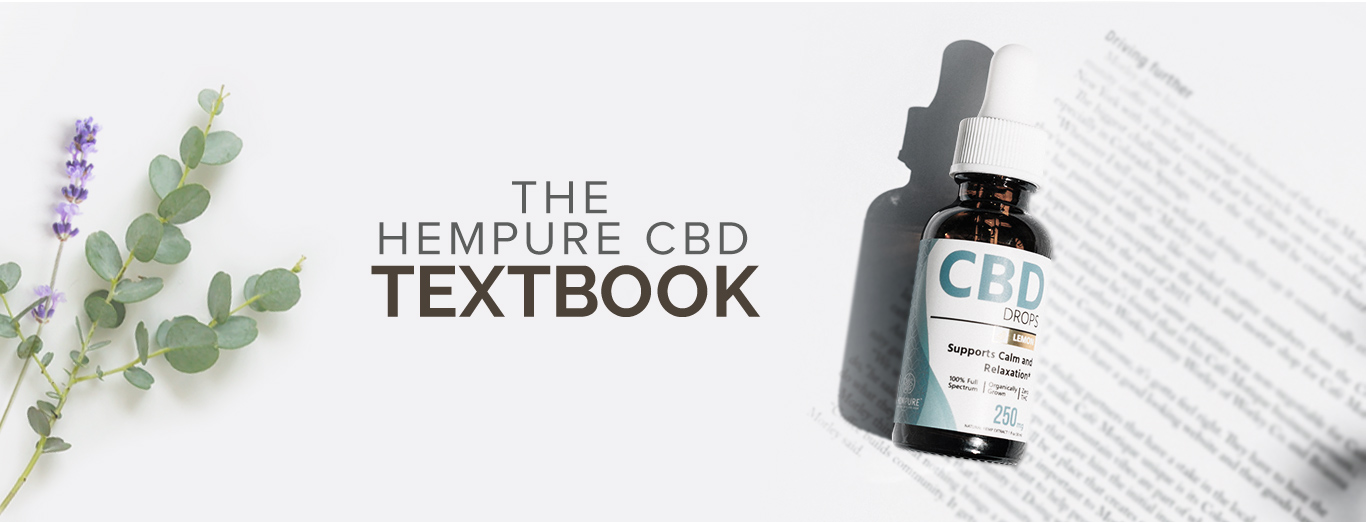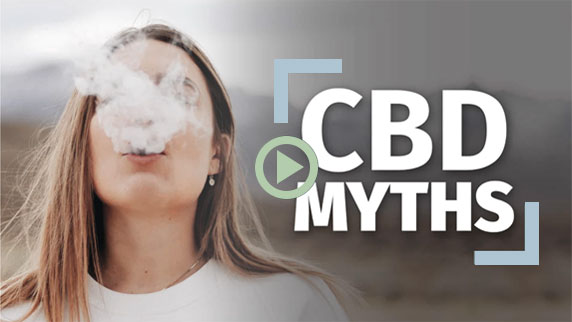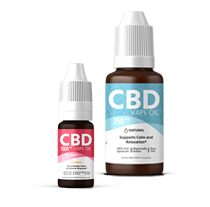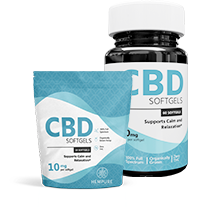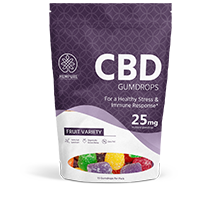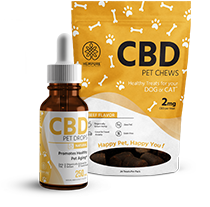Chapter
CBD MISCONCEPTIONS
AND PUBLIC OPINION
CBD is popping up everywhere. From the World Health Organization releasing a report claiming that CBD presented no public health risk to CNN running multi-hour specials about the exciting compound, and the Olympic committee announcing that CBD is okay to use, CBD is on everyone’s mind.1

While CBD was once purely associated with “pot,” people are waking up to the common-sense logic that CBD is a unique cannabinoid, useful in maintaining good health with no psychoactive component. With an enormous number of health benefits and life-improving properties, it is evident that CBD has an important role in society.
Despite growing awareness and education, there are still doubts and misconceptions that persist. In this section, we will touch on the most common misconceptions.
STIMULATING THE ENDOCANNABINOID SYSTEM
myth: CBD works best as an isolate
This was a common myth when CBD was first becoming popular. While CBD can still be effective when isolated, it’s much more effective when it is paired with the other compounds present on the plant.
It has been shown many times that full-spectrum CBD, or CBD with the full range of cannabinoids, terpenes, and esters in hemp, works better than CBD in isolated form. We dove deep into this topic in Chapter SEVEN if you’d like to read more about the

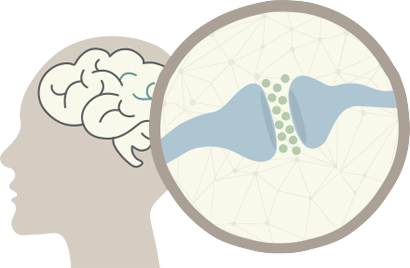
myth: CBD blocks receptors in the brain
There is a myth that CBD actually blocks some of the receptors in your brain and prevents it from operating at full potential.
CBD does not block any receptors in your brain. The activity of cannabinoid receptors after administration of CBD has been directly observed in testing. It works within the body’s endocannabinoid system to allow it to function better and more efficiently and has shown no ability to block or turn off receptors.
myth: CBD will make me sleepy
Many people are afraid that CBD will make them sleepy. Some studies have shown that CBD does not produce any sedative effects at all and that it can even increase alertness. 2 Others have reported a “minimal” sedative effect. Anecdotal claims often attribute this “sleepy” feeling to feeling calm and comforted, but not directly drowsy. Still, occurrences of sleepiness are rare. This association may exist because certain high-CBD strains of cannabis create sedative effects via other cannabinoids and terpenes.
Since its discovery, the cannabinoid CBN, which is a form of degenerated THC, has shown to have profound sleep-inducing effects 3, often from just 1-2% presence in the cannabinoid profile. Early medicinal CBD strains used to treat epileptic convulsions are likely to have had a cannabinoid profile in this range and might have contributed to the association. High levels of the terpene linalool, found in lavender as well as many cannabis strains, can also have a sedative effect, and in some people may spur depressive episodes. Check your full-spectrum testing to ensure that your CBD preparation contains no CBN or linalool, and won’t make you sleepy or drowsy.

WHY HASN’T CBD BEEN STUDIED MORE THOROUGHLY?
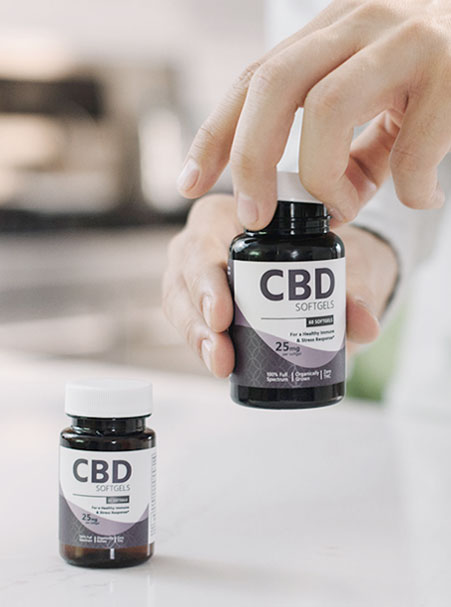
The endocannabinoid system and CBD are relatively new topics. It is difficult to explain why they have not been incorporated into curriculums of higher education everywhere. Part of this is due to the relatively new discovery of the ECS, and the limited understanding of its working.
This has been furthered by decades of anti-cannabis propaganda and legislation in the US. As previously mentioned, the federal guidelines for studying CBD were only relaxed in the last few years.
The best thing you can do is to educate yourself and others about the ECS, an essential and important system in the body and CBD, a key component to a balanced body.
In time, it is likely there will be a shift that results in the way we think about wellness. CBD and other cannabinoids have entered into the wellness landscape in a major way. With the majority of states adopting some form of medical cannabis program, and many more following suit each election cycle, those that understand the plant are gaining a larger presence in the public consciousness. Awareness will increase as many people nationwide experience the benefits of CBD supplementation. CBD has shown extreme promise under scientific scrutiny, and as more research emerges, we are likely to find out more amazing qualities of this plant.
PUBLIC OPINION AND THE STIGMA AGAINST CANNABIS
A stigma against cannabis and hemp still exists throughout the world thanks to enormous propaganda efforts of the past. Learn more about propaganda in Chapter 3.
Conclusion
- Even with an existing stigma, many people are beginning to open their eyes to the massive potential of CBD.
- Due to features in CNN, The New York Times, Forbes and other major media outlets, the public is becoming more informed about the misconceptions regarding hemp and CBD.
- CBD lacks the pungent smell and psychoactive effects of “pot,” and can be taken discreetly and safely. The overwhelming positive benefits make taking CBD as normal as taking a daily multivitamin.
Summary
- There are many myths and misconceptions surrounding CBD.
- CBD does not turn into THC in the body, CBD does not get you high, and it will not block receptors in the brain.
- Only 13% of medical schools teach about CBD and this could account for why it is not better.
- More mainstream media outlets are beginning to cover CBD and the many potential benefits it offers.
-
10
REFERENCES
- World Health Organization, Cannabidiol Pre-Review Report, 2017 Nov,
http://www.who.int/medicines/access/controlled-substances/5.2_CBD.pdf - Nicholson AN, Turner C, Stone BM, Robson PJ, Effect of Delta-9-tetrahydrocannabinol and Cannabidiol on nocturnal sleep and early-morning behavior in young adults, J Clin Psychopharmacol., 2004 Jun, https://www.ncbi.nlm.nih.gov/pubmed/15118485
- Steep Hill, Cannabinol (CBN): a Sleeping Synergy, 2017 Oct,
https://www.steephill.com/blogs/34/Cannabinol-(CBD):-A-Sleeping-Synergy

